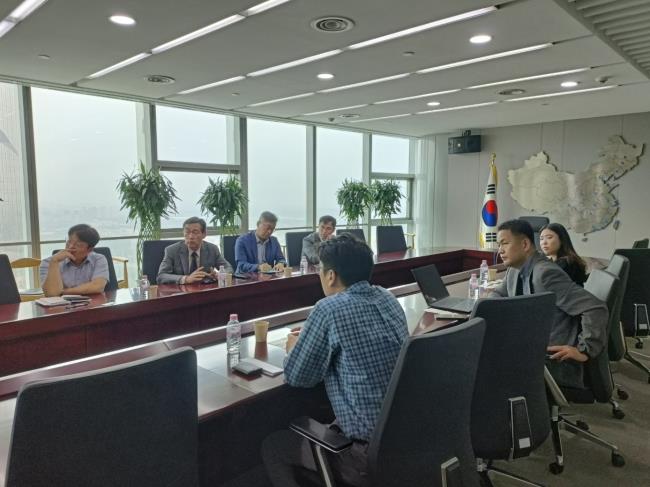First, let's take a look at golf players' right to publicity. A few years ago, a famous celebrity has filed a claim for damages for infringing publicity rights at an oriental clinic that used her photos for advertising purposes. What is more surprising is that the lower court in this case recognized the right to publicity, but the appeals court ruled against the plaintiff on the grounds that "Korea does not have a written positive law on the right of publicity."
In general, the right of publicity refers to the right to commercially use, control, or exclusively dominate the economic benefits or values of a name, likeness, etc. The right to publicity was raised in the United States in the 1950s and has been recognized as a case law through active discussion in the 1970s. In Japan, academia and some lower courts recognize this right, but they are still passive in recognizing this right as an independent concept.
Recently, disputes over publicity rights related to sports are increasing. There are concerns about the lack of positive law and too passive interpretation of legal principles.
Korea has also recognized this right in academia and lower courts. That was a few years ago. An online game company developed an online game that used the names of former and current professional baseball players without permission. The players were outraged, and the court ruled in the first instance that they should be compensated 530 million won. Although there is no explicit law on the right to publicity, the decision was based on the grounds that ‘the economic value of the plaintiff’s name and likeness is already widely recognized by the advertising industry and other related industries, so an act infringing on it constitutes an illegal act’.
Of course, it may be desirable to overprotect the right of publicity to the extent to undermine the freedom of the press or the freedom of artistic creation. In this regard, let us see Tiger Wood case. The famous golf player Tiger Woods won the Masters Golf Tournament. A company created a painting depicting Woods after his swing. The title of the painting is ‘The Masters of Augusta’. A lawsuit was filed claiming that this painting infringed on the right to publicity. However, a federal court has ruled that the right of publicity is limited for the sake of artistic freedom. And even in the case of depicting the personal characteristics of famous professional baseball players in cartoons, the court recognized the priority of freedom of artistic creation based on the principle of fair use.
As shown in a variety of cases, the protection of the right of publicity will pose some delicate issues, but the the right of publicity should e duly protected unless it will not hurt the right of expression, etc.
In the global era, it would not be desirable if Korea could not protect the right of publicity, which most countries protect, due to the lack of positive laws or too passive interpretation of legal principles. Even now, it is expected that publicity rights should be enacted in line with the global trend, or that the courts will be more active in terms of recognition of their proper protection role.















.jpg)

 cusco, past, future & now by IP&ART(김승열 RICHARD SUNG YOUL KIM한송온라인컨설팅센터대표이사HSOLLC)
cusco, past, future & now by IP&ART(김승열 RICHARD SUNG YOUL KIM한송온라인컨설팅센터대표이사HSOLLC)
 open, collective intelligence & OSS by IP&ART(김승열 RICHARD SUNG YOUL KIM한송온라인컨설팅센터대표이사HSOLLC)
open, collective intelligence & OSS by IP&ART(김승열 RICHARD SUNG YOUL KIM한송온라인컨설팅센터대표이사HSOLLC)
 변호사와 AI
변호사와 AI
 AI Present and Future in the Legal Fields Under the RCEP
AI Present and Future in the Legal Fields Under the RCEP
